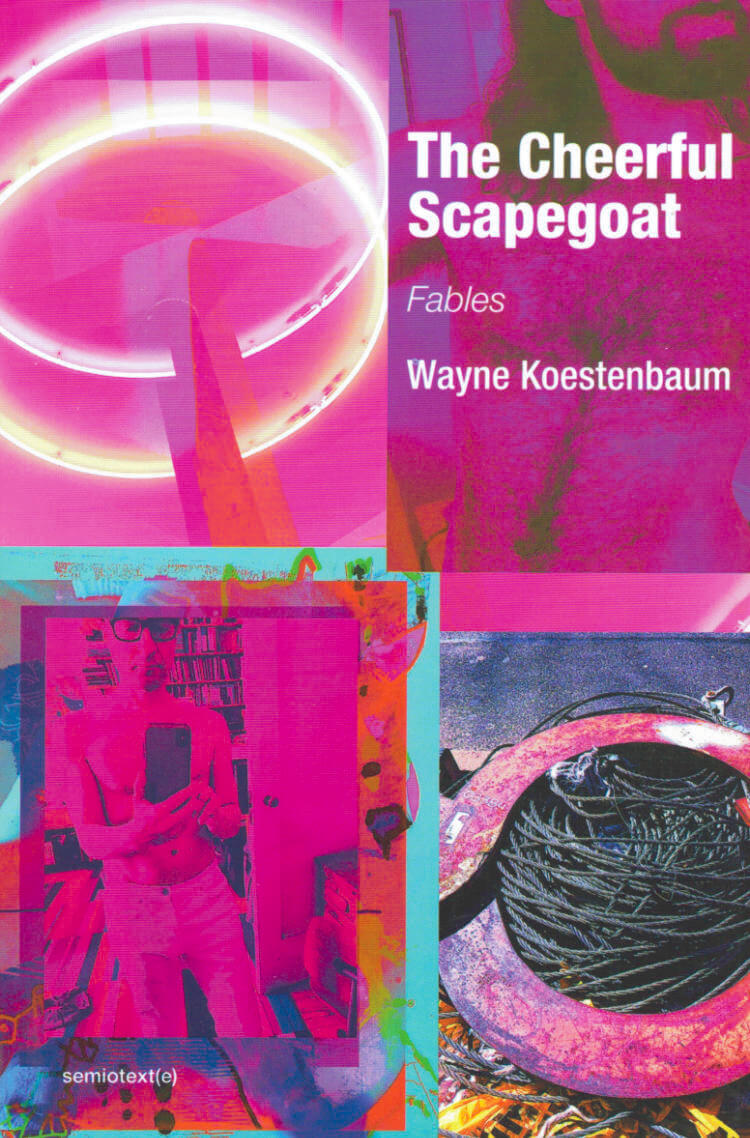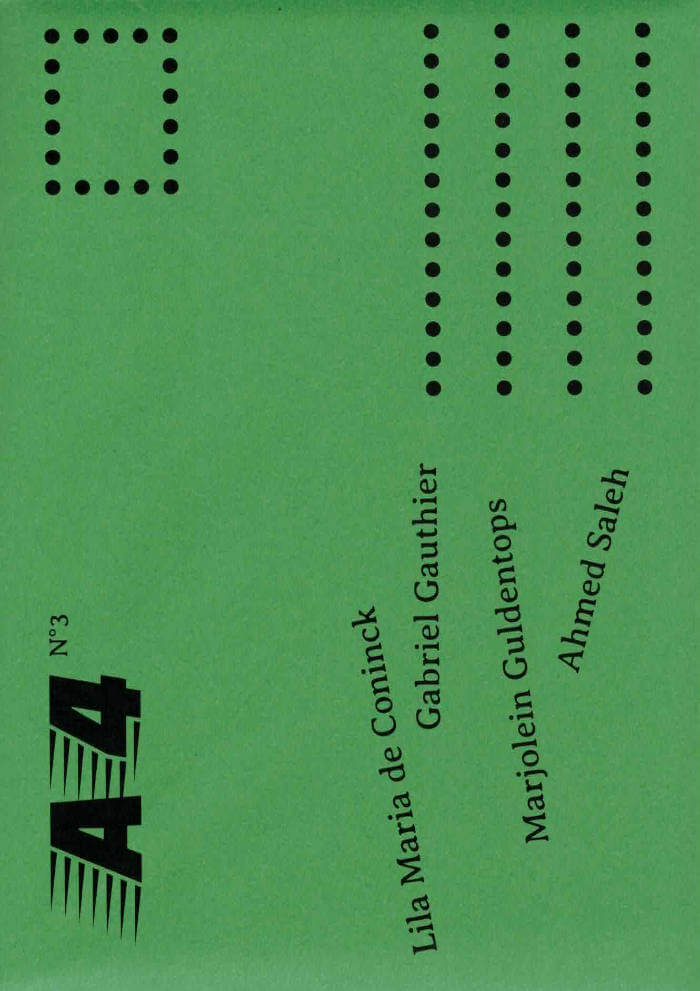
The Cheerful Scapegoat
Wayne Koestenbaum's first book of short fiction: a collection of whimsical, surreal, baroque, ribald, and heartbreaking fables.
In his first book of short fiction—a collection of whimsical, surreal, baroque, ribald, and heartbreaking fables—Wayne Koestenbaum takes the gloom and melancholy of our own terrifying political moment and finds subversive solace by overturning the customary protocols of tale-telling. Characters and narrators wander into strange locales; the difference between action and thinking, between reality and dream, grows moot in a heightened yet burlesque manner. The activities in The Cheerful Scapegoat are a cross between a comedy of manners and a Sadean orgy. Language has its own desires: figures of speech carry an erotic charge that straddles the line between slapstick and vertigo. Punishment hangs over every dialogue—but in the fable-world of The Cheerful Scapegoat, abjection comes with an undertaste of contentment. The tchotchkes of queer culture—codes and signifiers—get scrambled together in these stories and then blown up into an improbable soufflé.
Koestenbaum's fables travel in circles, slipping away from their original point and leading the reader to a paradisiacal suspension of fixed categories. Intensified sentences and curlicue narratives scheme together mesmerically to convince the reader to abandon old ways of thinking and to take on a commitment to the polymorphous, the wandering, the tangential. Koestenbaum's fables—emergency bulletins uttered in a perverse vernacular of syntactic pirouettes—alert us to the necessity of pushing language into new contortions of exactitude and ecstatic excess.
Language: English







